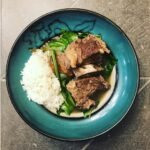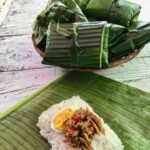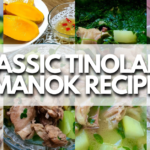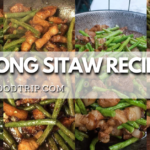Top 12 Filipino Food to Eat During Holy Week: A Guide to Traditions and Customs
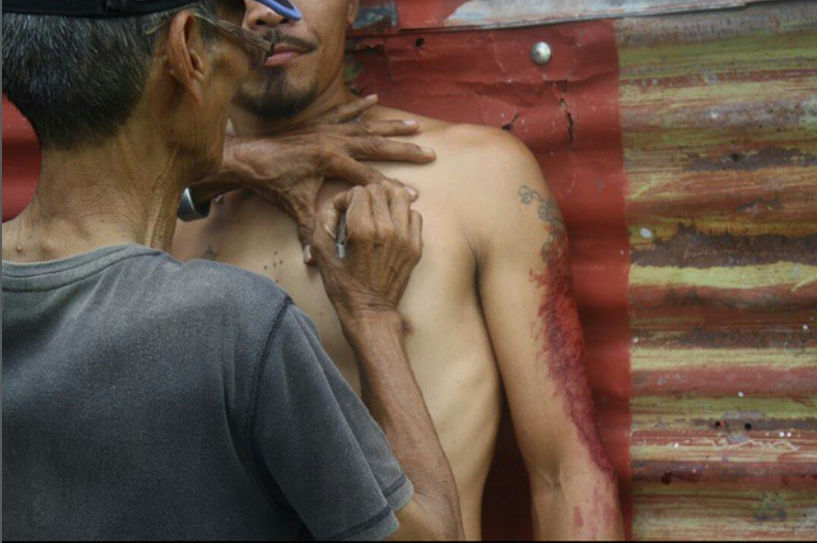
In the Philippines, Holy Week is one of the most significant religious observances of the year. During this time, Filipinos engage in a variety of traditional practices, including attending church services, performing acts of penance, and abstaining from certain activities and foods. Food plays an important role in Filipino culture and tradition, especially during Holy Week, where there are specific dishes that are commonly consumed during this time.

What is Holy Week and what do Filipinos do during this time?
Holy Week is the week leading up to Easter Sunday, and it is a time of deep reflection and spiritual renewal for Filipino Catholics. The week begins with Palm Sunday, which marks Jesus’ entry into Jerusalem, and ends with Easter Sunday, which celebrates his resurrection. During this time, Filipinos attend church services, participate in processions and reenactments of Jesus’ crucifixion and death, and engage in acts of penance, such as fasting and abstinence from certain foods and activities.
Many traditional practices are observed during Holy Week in the Philippines. One of the most popular is the “Visita Iglesia,” where individuals visit seven churches to pray and reflect. Another common practice is the “Pabasa,” where the Passion of Christ is sung in a continuous chant for 24 hours. These practices are deeply ingrained in Filipino Catholic culture and are passed down from generation to generation.
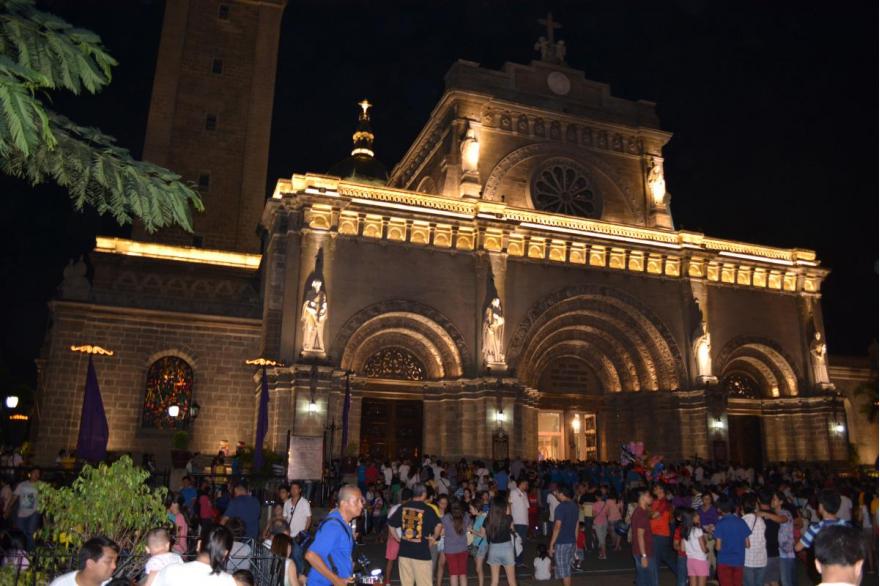
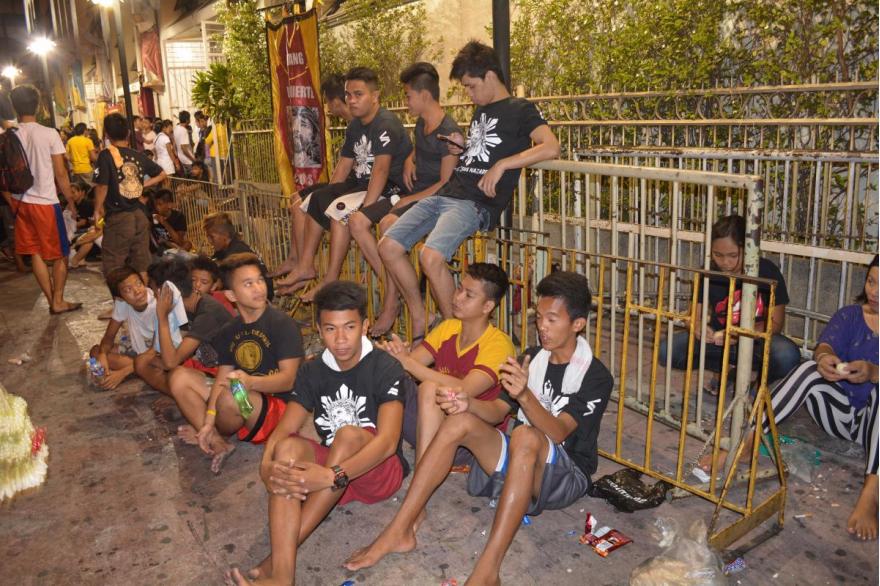
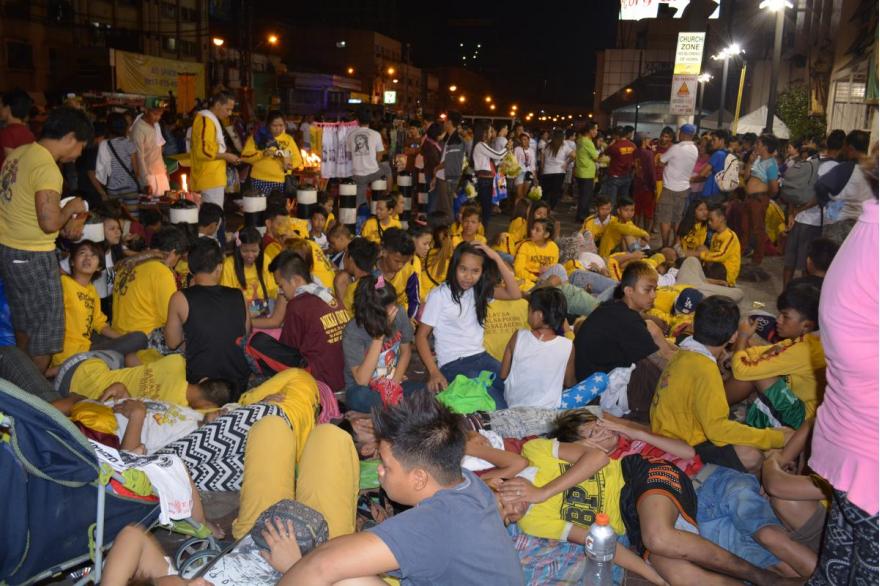
In the next section, we will explore the significance of Holy Week in the Philippines and the traditional Filipino practices and customs observed during this time.
The Significance of Holy Week in the Philippines
Holy Week is a significant event in the Philippines, not only because of its religious importance but also because of its cultural significance. Filipinos have a unique way of observing Holy Week, which is a reflection of the country’s deep Catholic roots and cultural traditions.
The week leading up to Easter Sunday is considered a time for self-reflection, repentance, and spiritual renewal. It is a time to meditate on the sacrifice of Jesus Christ and his message of love, compassion, and forgiveness. For Filipinos, Holy Week is a time to rekindle their faith and renew their commitment to God.

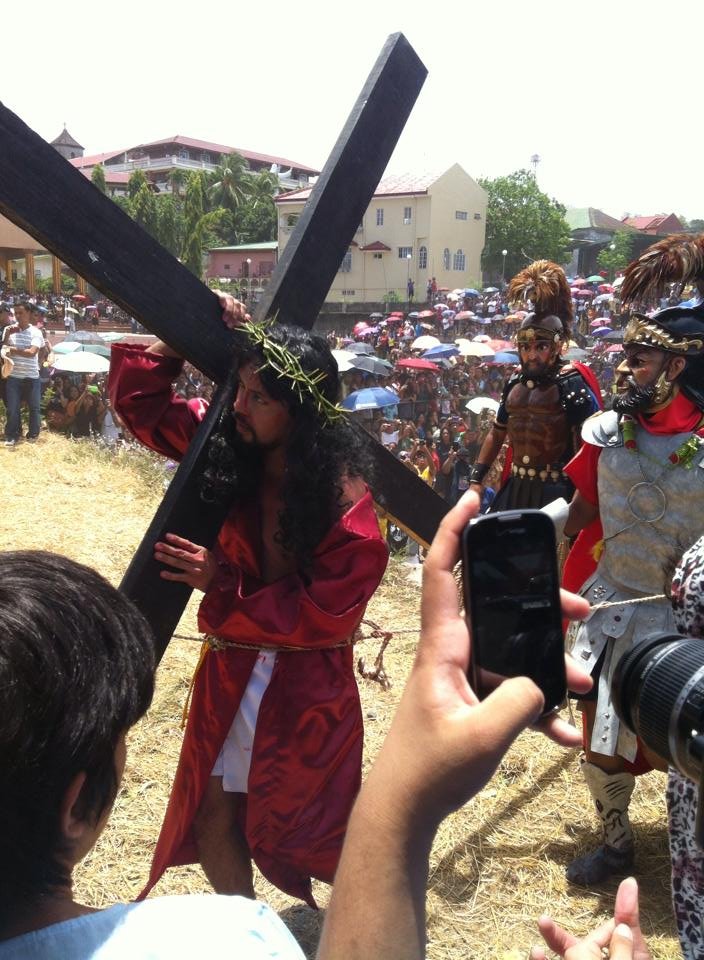
Traditional Filipino Practices and Customs During Holy Week
During Holy Week, Filipinos observe several traditional practices and customs that are unique to their culture. These practices are deeply rooted in Catholic tradition and have been passed down from generation to generation.
One of the most important practices during Holy Week is fasting and abstinence. Filipinos are encouraged to abstain from meat on Fridays and on Good Friday, which is considered a day of fasting and abstinence. Many also choose to give up other luxuries or vices as a form of penance.
In addition to fasting and abstinence, Filipinos also observe several other traditional practices during Holy Week, including attending church services, participating in processions and reenactments of Jesus’ crucifixion and death, and performing acts of charity and service to others.
Top 12 Filipino Foods to Eat During Holy Week
Food plays an important role in Filipino culture, and this is particularly true during Holy Week. There are several traditional dishes that are commonly consumed during this time, many of which are meatless.
Binignit – A warm, sweet soup made with coconut milk, root crops, and fruits.

Bokayo – Sweetened coconut strips made from mature coconut meat.
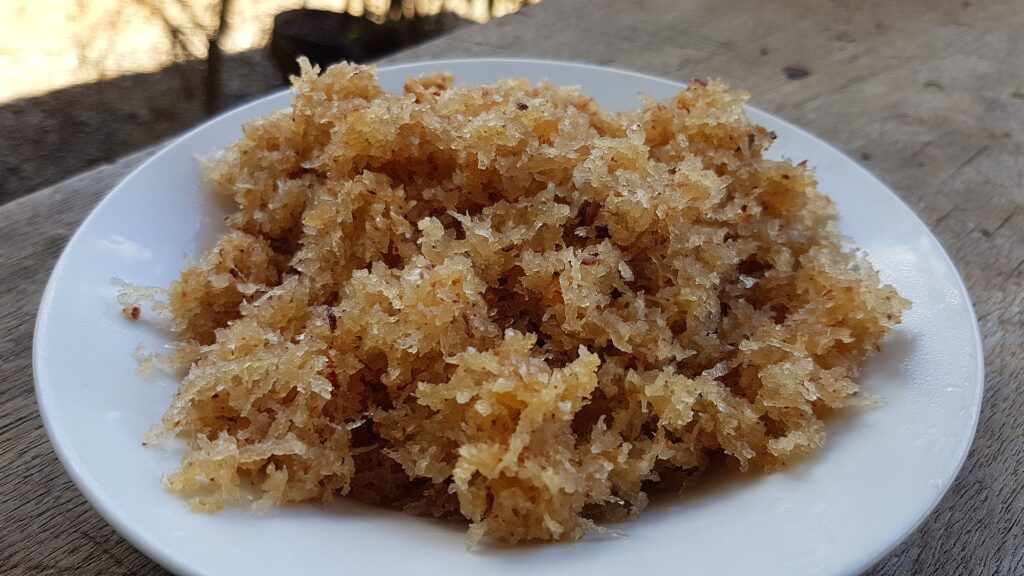
Ginataang Bilo-bilo – A sweet soup made with glutinous rice balls, coconut milk, and fruits.

Guinataang Mais – A sweet corn pudding made with coconut milk.
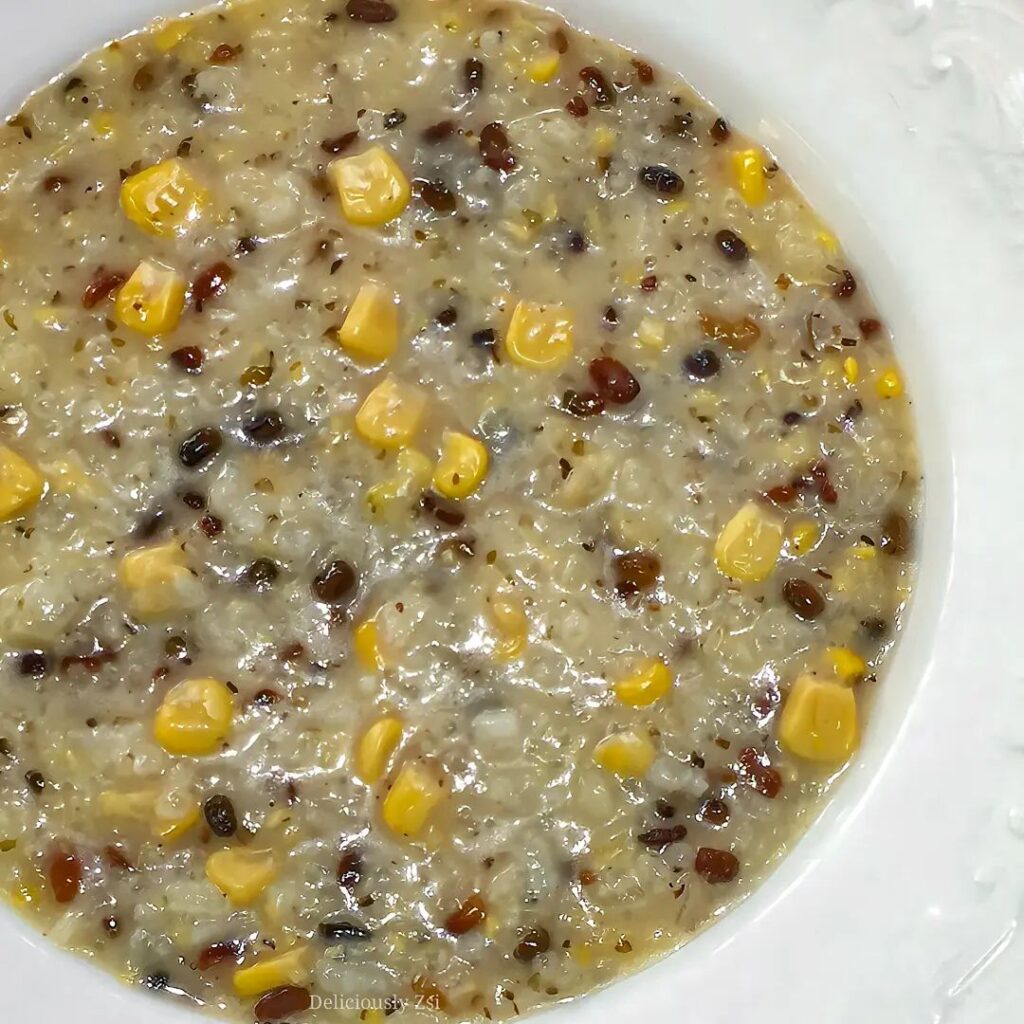
Inihaw na Pusit – Grilled squid marinated in vinegar and soy sauce.
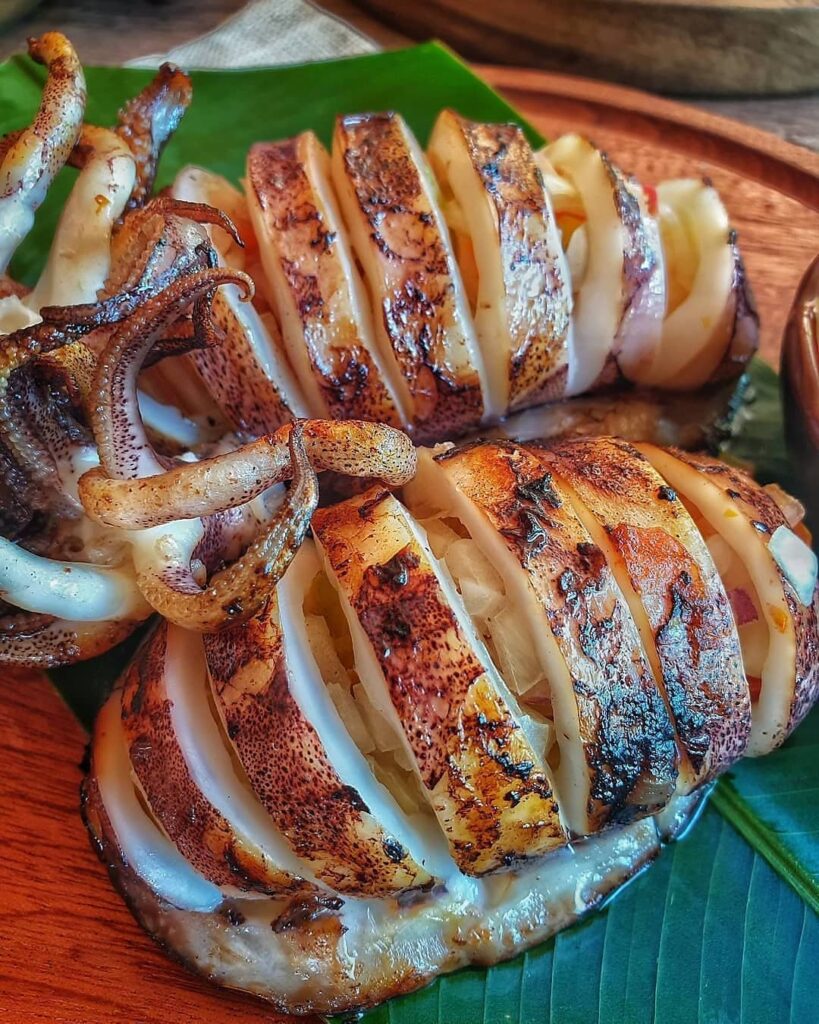
Kakanin – A variety of rice cakes made with glutinous rice, coconut milk, and sugar.
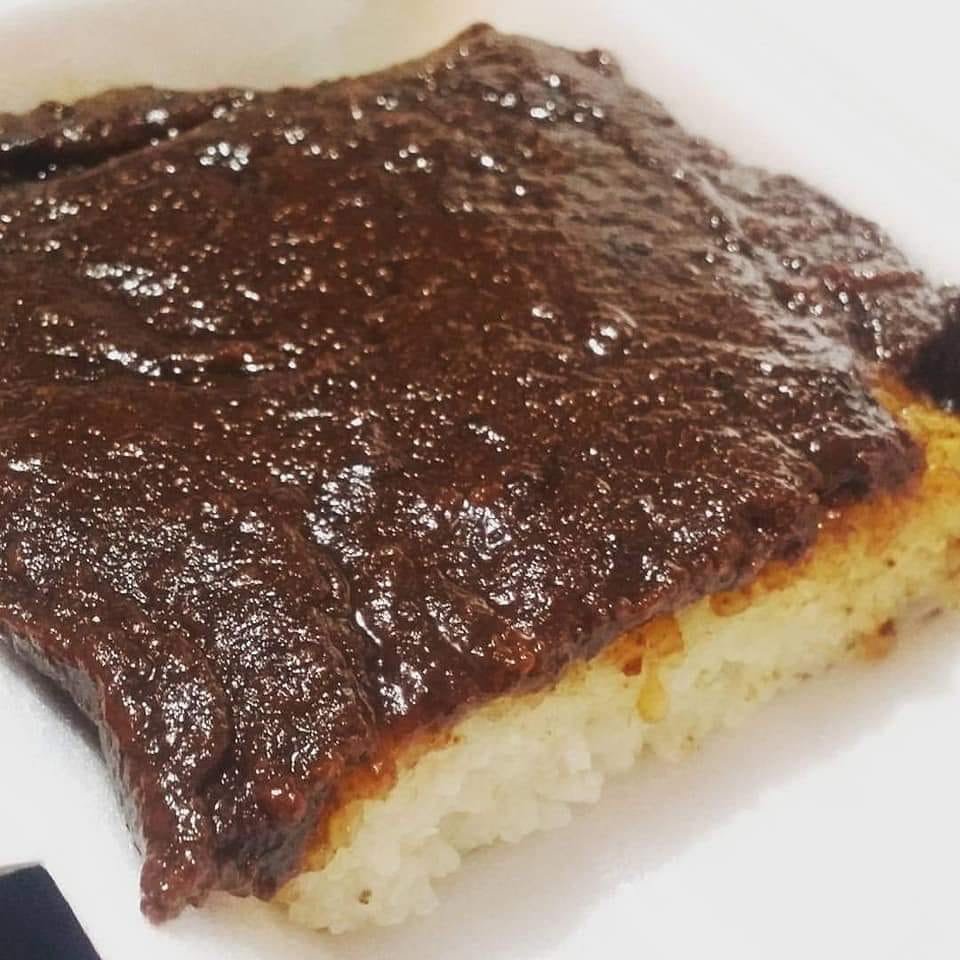
Lumpia – Filipino-style egg rolls filled with vegetables or meat.
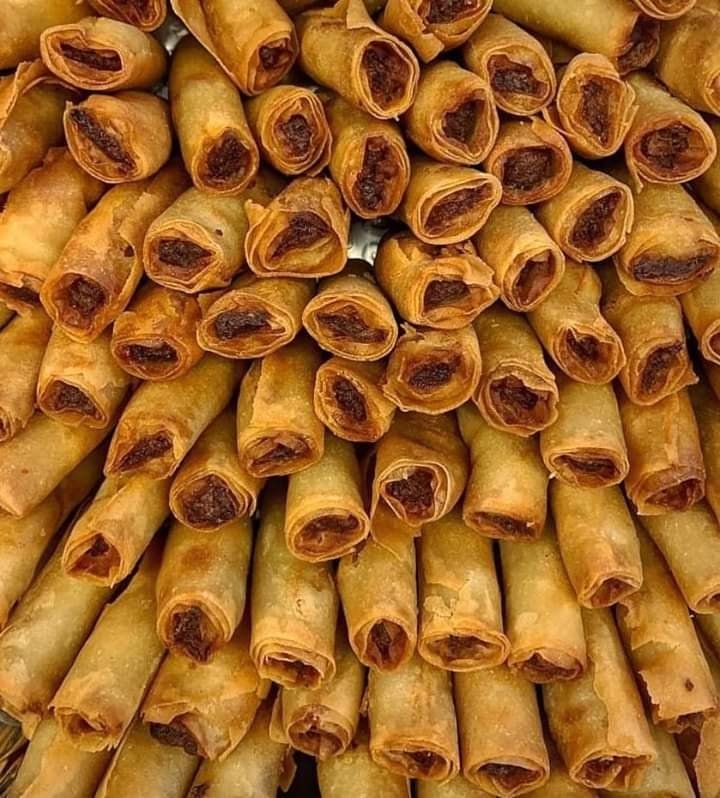
Paksiw na Isda – Fish cooked in vinegar, garlic, and onions.
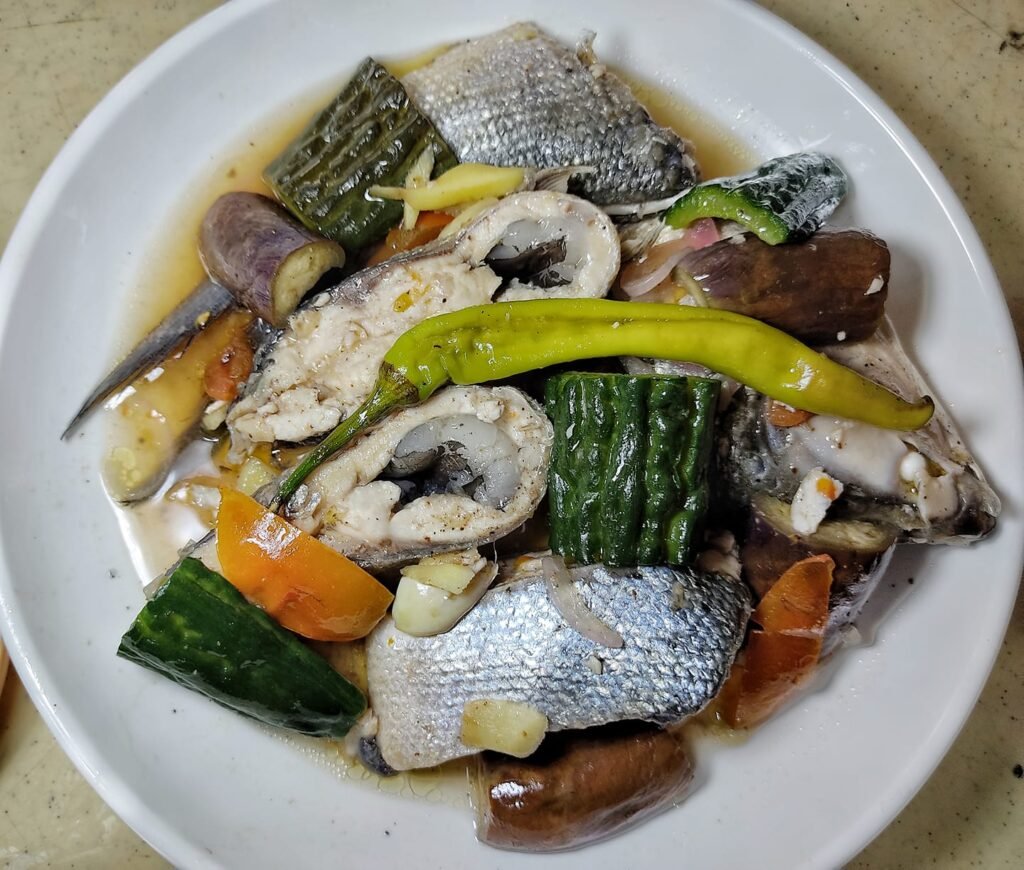
Pinakbet – A vegetable dish made with mixed vegetables and shrimp paste.
Rellenong Bangus – Stuffed milkfish with a mixture of vegetables and ground pork.
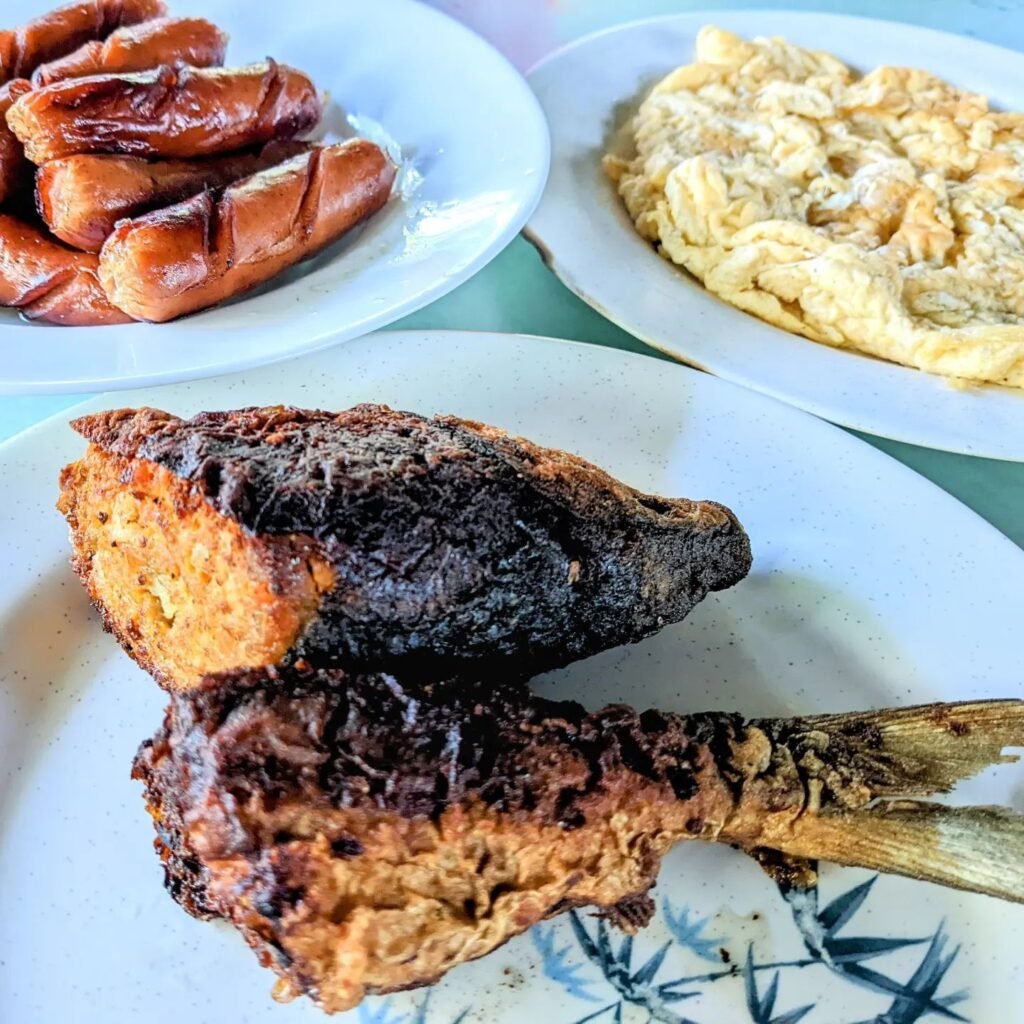
Suman – A sweet rice cake made with glutinous rice and coconut milk.
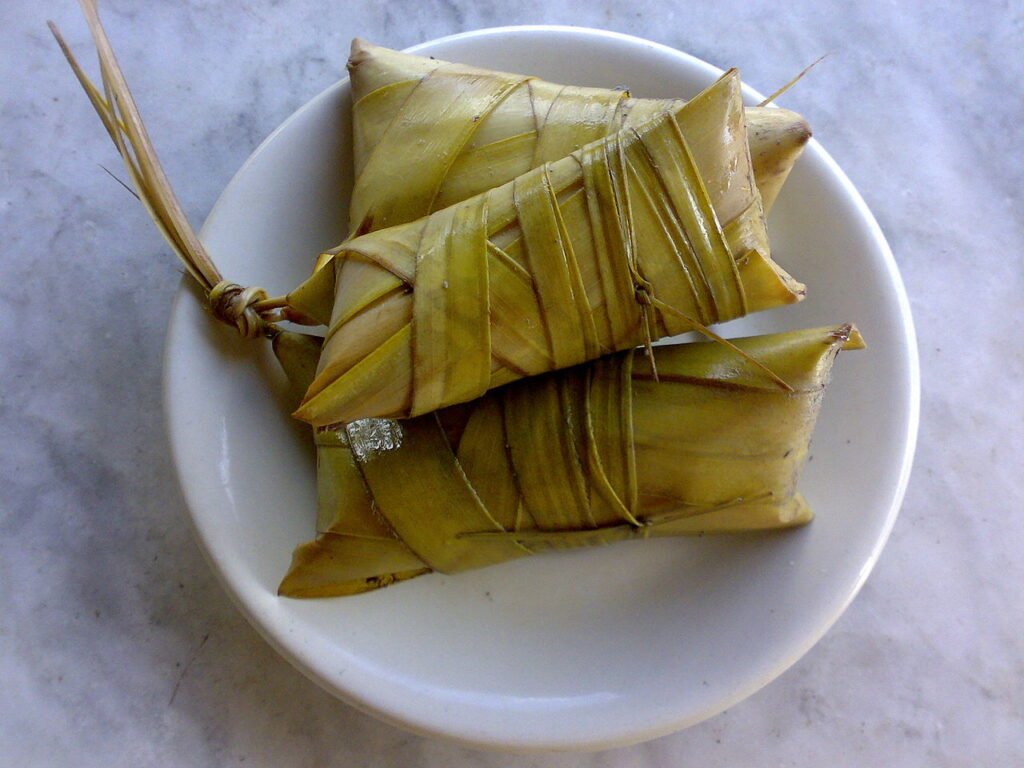
Tinola – A chicken soup made with ginger and vegetables.
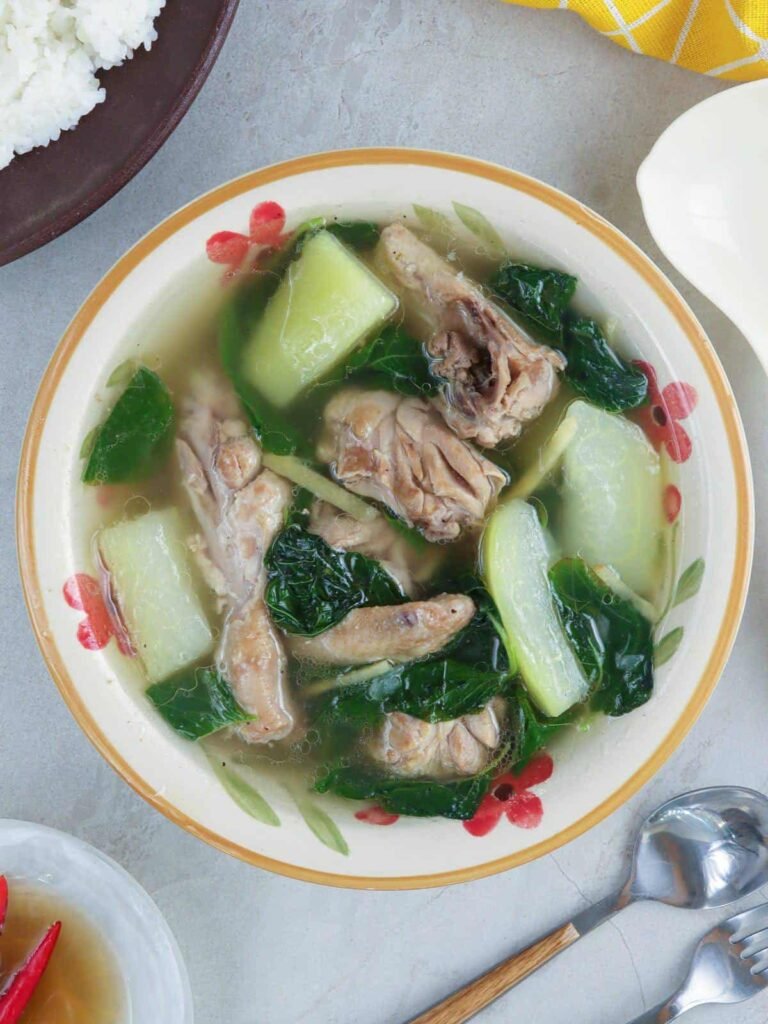
Conclusion
Holy Week is an important time for Filipinos, both from a religious and cultural perspective. It is a time for reflection, spiritual renewal, and self-sacrifice. The traditional practices and customs observed during Holy Week reflect the deep Catholic roots and cultural traditions of the Philippines.
Filipino Food also plays an important role during Holy Week, with several traditional dishes that are commonly consumed during this time. By sharing these dishes with family and friends, Filipinos are able to come together and celebrate their faith and culture.





